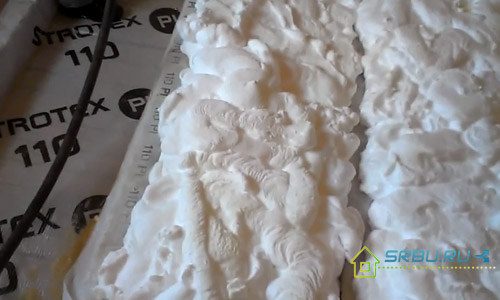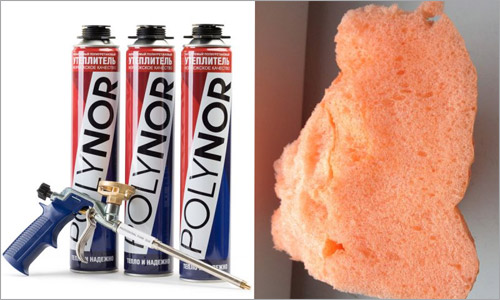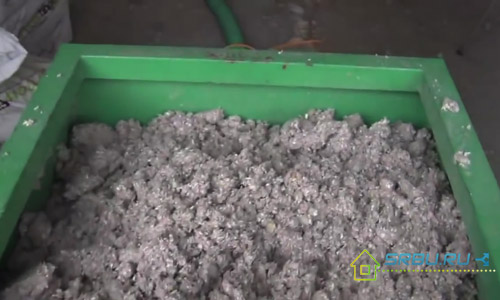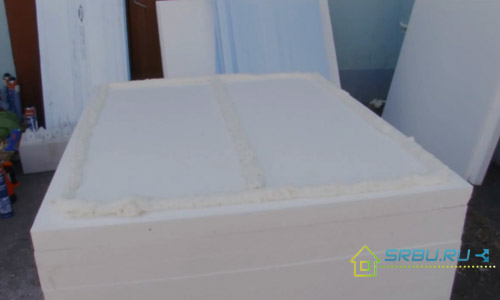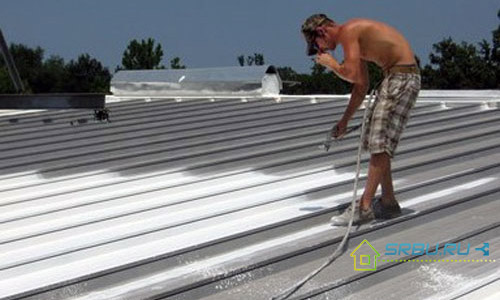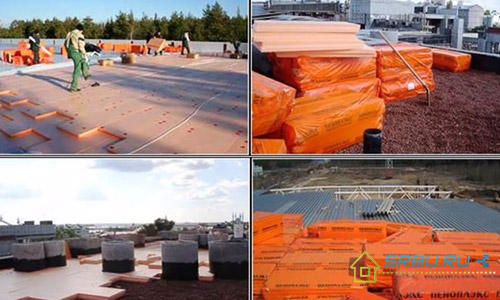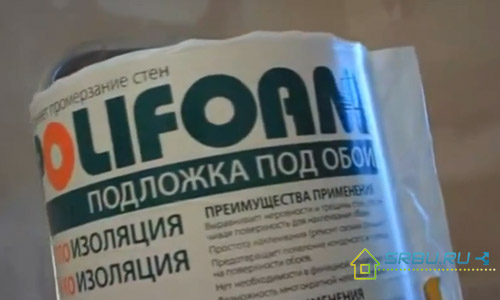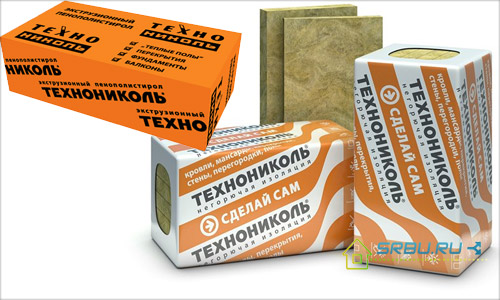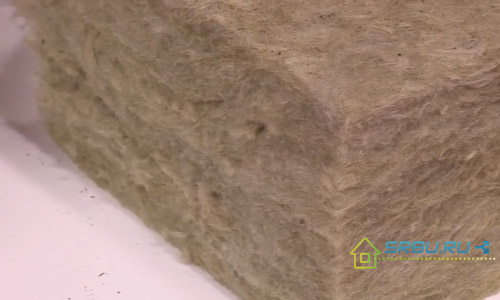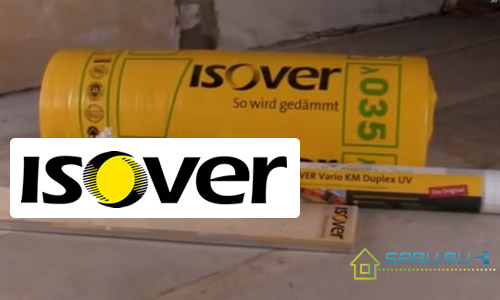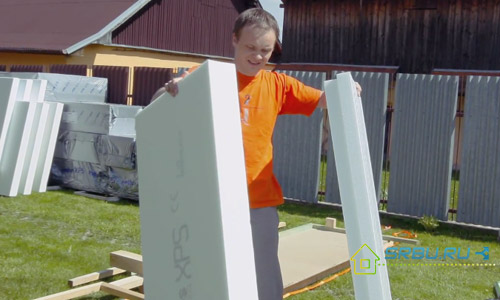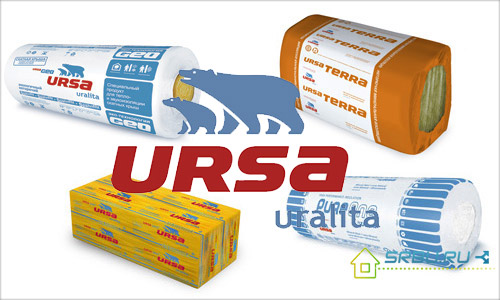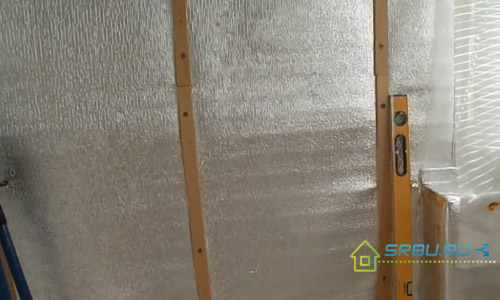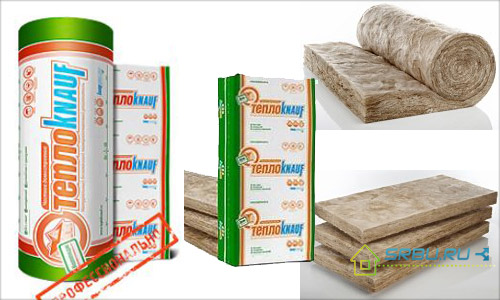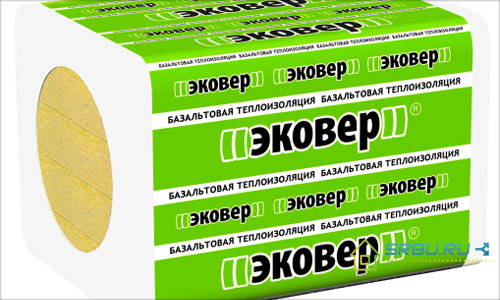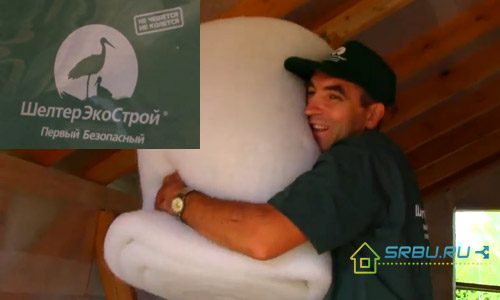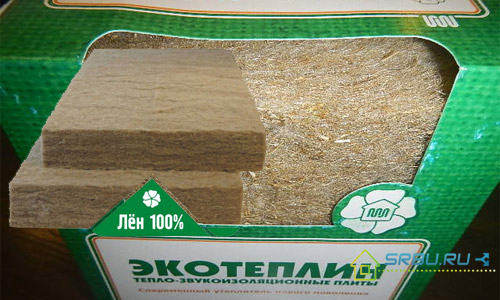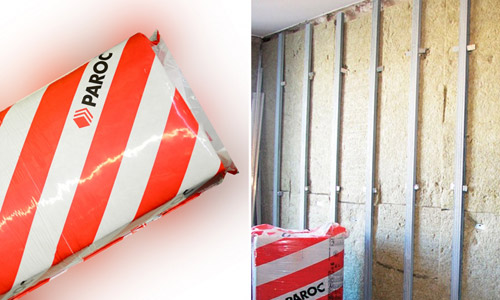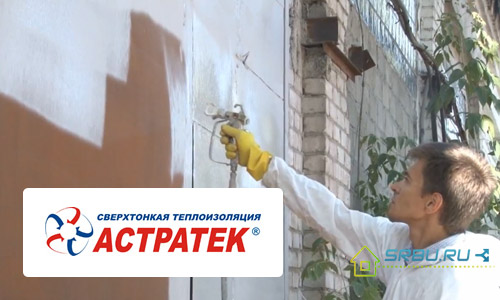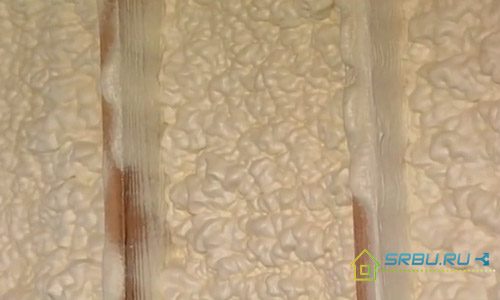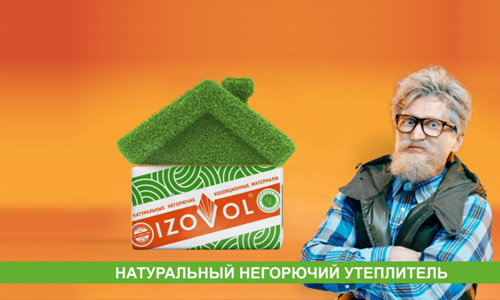Reviews about insulation
Thermal insulation materials are designed to protect the external and internal structures of buildings from the cold. Soundproofing materials damp external noise, and waterproofing materials do not allow moisture to pass through. Universal insulators are capable of performing several functions at once. In stores in a large assortment of insulation and insulation materials are presented - here are reviews about many of them. Perhaps this will allow someone to make the right choice.
Types of thermal insulation materials
Glass wool - cheap, fireproof, easy to transport. When mounting pricks, requires the use of protective equipment.
Basalt wool - it is universal, vapor permeable, it serves for a long time, keeps heat well. But with time it cakes.
Expanded polystyrene - well dampens noise and protects heat. Easy to install, easy, cheap. But when heated, it releases harmful substances, and can also deteriorate from the teeth of rodents and does not like sunlight. Extruded polystyrene foam is a more expensive and denser material.
Liquid Insulators (penoizol, polyurethane foam) fill all holes and cracks, preventing the penetration of cold and moisture.
Heat insulating paint and plaster - capable of performing two functions at once: insulation and decoration.
Polyethylene foam - It is an excellent sound insulator, does not absorb water, well insulates.
Environmental friendliness - The main plus of natural materials: linen insulation and ecowool made from cellulose fibers.
How to choose insulation material
We pay attention to the availability and price of the material, as well as to the conditions, convenience and speed of its installation. Safety is an equally important quality - it often makes sense to ask the seller for a quality certificate.
In addition, you need to look at such characteristics as:
- thermal conductivity coefficient (it should be as low as possible);
- vapor barrier level;
- the tendency of the insulation to accumulate moisture;
- fireproof qualities of a heater.

